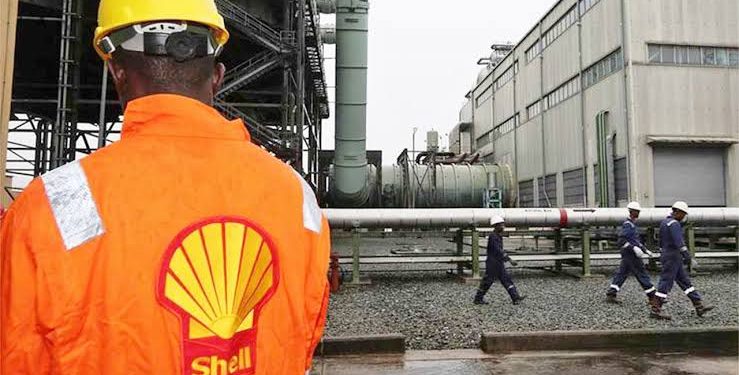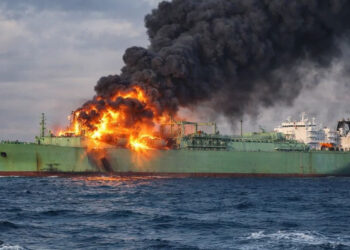By John Ikani
A South African court blocked Shell from using seismic waves to explore for oil and gas in the Indian Ocean on Tuesday.
The court order calls for an immediate halt to Shell’s seismic tests which involve blasting sound waves through the relatively untouched Wild Coast marine environment, which is home to whales, dolphins and seals.
Lawyers for the community campaigners behind the legal challenge successfully argued that Shell had failed to meaningfully consult people who would be affected by the seismic survey and also provided evidence of the threat of harm to marine life.
Seismic surveys are carried out as a means of mapping what lies beneath the seafloor.
Shockwaves fired from an air gun – like a very powerful speaker – are blasted down towards the seabed. The sound that returns reveals whether there is, for example, oil locked in the rock beneath.
Ecologists say the exploration technique could upset animals’ behaviour, feeding, reproduction and migration patterns, with many sea creatures such as whales relying heavily on their sense of hearing.
Shell had begun surveying the 6,000-sq-km area at the beginning of December after an earlier court judgement said it could go ahead. In that case, the judge said that those who wanted to prevent the survey had not provided enough evidence to show the environmental harm.
In Tuesday’s ruling, High Court Judge Gerald Bloem said that Shell’s right to explore the waters near the Wild Coast “was awarded on the basis of a substantially flawed consultation process”.
He added that experts had testified to the damage the testing could cause and Shell had not sufficiently challenged that.
The community campaigners behind the legal challenge welcomed the court’s decision as a victory for “voiceless” indigenous groups living near the coast which hold customary rights to undertake small-scale fishing in the area, as well as a cultural and spiritual connection to the ocean.
Also reacting to the ruling, Shell said it had “paused” operations while it reviewed the judgement.
South Africa’s Energy Minister Gwede Mantashe had condemned the project’s critics, saying they wanted to deprive Africa of energy resources.




































